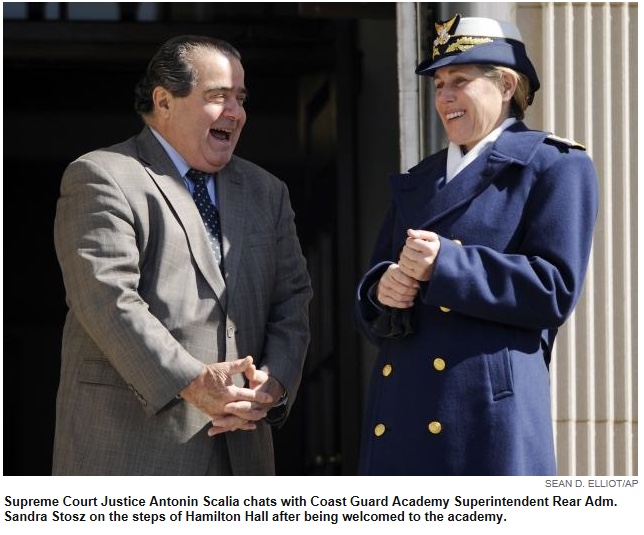Leading with Character: Authentic or Genuine?
We’ve all heard or seen someone exclaim, usually with great conviction, “Leaders need to bring their authentic selves to work!” I cringe when I hear or read that. On the surface, it sounds good and everyone wants to be on board with the new trends in leadership. But before we jump too quickly, let’s stop, take a deep breath, and explore what it means to be authentic.
To me, the descriptor, “authentic,” leaves too much to the imagination. Leaders can be authentically…selfish, negative, toxic, and more. Everyone has good qualities and not-so-good qualities. I think the best leaders make it a point to leave their authentic selves at home, or off the web camera. Rather, they bring forward their genuine self.
So, what’s the difference between an authentic leader and a genuine leader?
When someone is being authentic, to me that means they’re listening to their inner leanings and acting upon them, for good or for ill. In the workplace, that can result in either a positive or a negative impact. Some subordinates dread seeing their supervisor’s “authentic self” because that person is overbearing, inconsiderate, or worse. On the other side of that coin are leaders who are gracious, respectful, and caring. People want to serve that kind of leader.
Now let’s talk about genuine leadership. I see genuine leaders as those who focus externally and put the wellbeing of others first. Genuine leaders look out for their people, trust them, and encourage them to reach high. When I think of a genuine leader, I think of George Washington.
One evening while serving as Superintendent at the Coast Guard Academy we had the privilege to host the late supreme court justice Anthony Scalia for dinner. An exceptional student of history, he enthralled us with the story of General George Washington’s famous Newburgh address. Toward the end of the revolutionary war, in 1783, the Continental Army met in Newburgh, New York, to air grievances over the failure of the fledgling Congress to honor its promise to pay salaries. The officers were agitated and the spirit of insurrection was in the air when they gathered for a scheduled meeting. General Washington stepped up to read a letter responding to the officers’ concerns and demands. He began reading but struggled and suddenly stopped, looking up at his men. He reached into his coat pocket and told them, “Gentlemen, you will permit me to put on my spectacles, for, I have grown not only gray, but almost blind in the service of my country.” His men, deeply moved by his simple show of vulnerability, cast a unanimous vote agreeing with the rule of Congress. The tipping point passed and democracy was preserved. Now that was genuine leadership. Although General Washington’s authentic self might have preferred to admonish the rebellious group, his genuine self, instead, chose an empathetic approach. Good leadership never goes out of style.
When I was a senior officer in the US Coast Guard, I sometimes failed to rise to the precedent for genuine leadership set so well and so long ago by George Washington. I tried hard to bring my best, most genuine self to work, but didn’t always succeed. On occasion, I would arrive at the office in the morning a little off. The genuine leader in me would warn my staff, “I just want you to know, I brought my authentic self to work today…AND SHE HASN’T HAD HER COFFEE YET!”
Being a genuine leader means taming your authentic self— you can’t “let it all hang out.” As members of a civil society, we must respect others and use willpower to restrain our desires and inhibitions. I’m impatient (ok, very impatient!), so I’ve tried hard over the years to suppress that authentic personality attribute. Being a genuine leader, on the other hand, might also mean pushing beyond your authentic self to perform at your best. I’m an introvert, which meant there were many times throughout my career when I had to put on the mask of an extrovert to adapt to the situation at hand. Performers polish their stage presence and athletes put on their game faces. Likewise, leaders should strive to find the ideal balance between their authentic and genuine selves. I’ve learned to use my genuine self to regulate my authentic self.
Look in the mirror. Are you an authentic leader or a genuine leader? Are you the kind of leader your subordinates follow because they want to or because they have to?
Whatever your thoughts on authentic leadership and genuine leadership, I hope this discussion helps you become a better leader.
Please join me again next week for more on Leading with Character.



